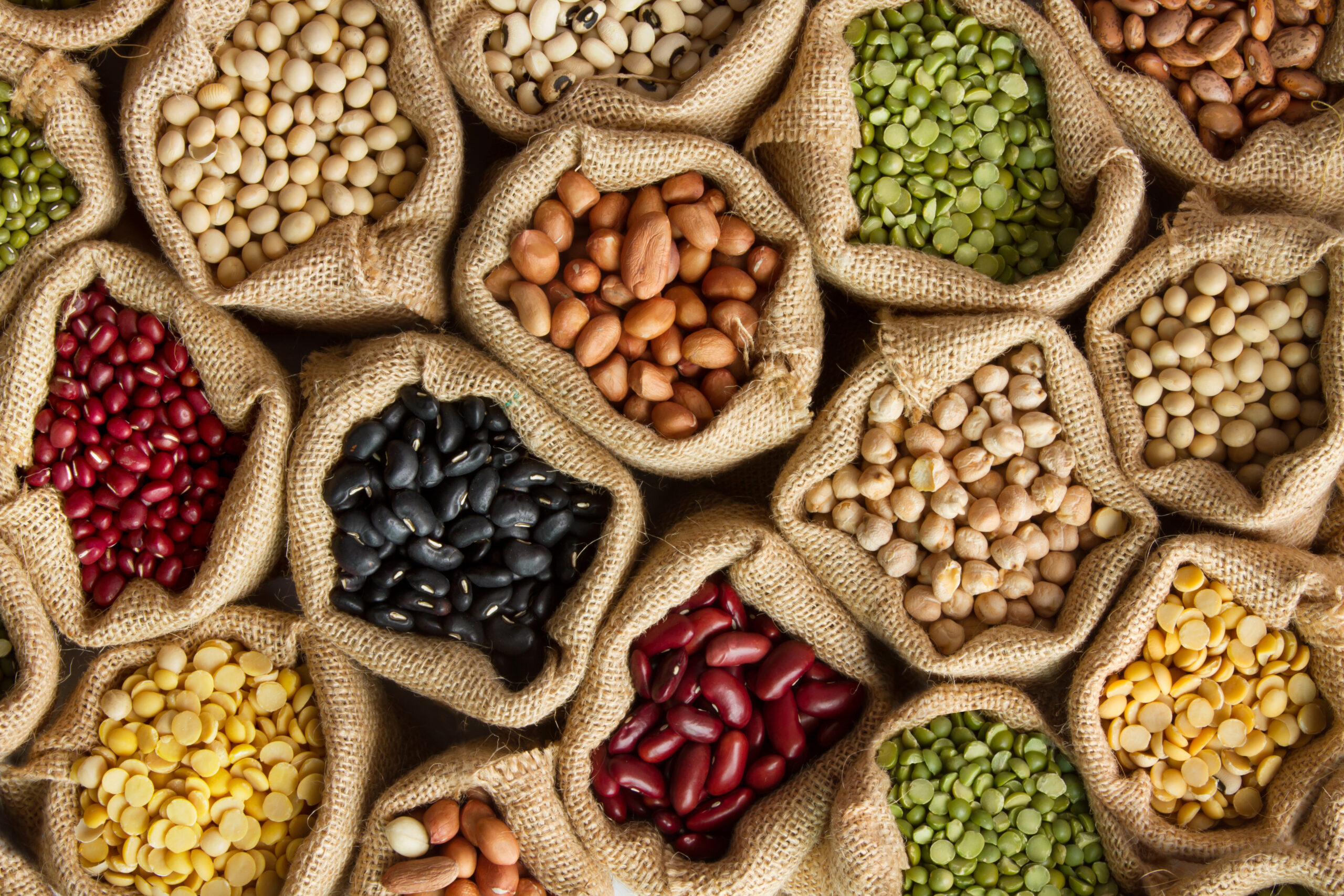
In any discussion of health and nutrition, you’ll likely hear about macro and micronutrients like proteins, carbs, fats, fiber, vitamins, minerals, etc. They each have their own unique benefits, drawbacks, and they all have to be balanced in order for you to live a healthy and sustainable lifestyle.
You likely hear about how great it is when dishes are high in protein and fiber content, but why are these two things so important?
Protein and fiber are essential for a healthy diet because they help your body build and repair muscles, regulate digestion, and keep that overall balance within yourself that’s needed to feel comfortable and energized every day.
Keep reading to find out some more specifics on these two nutrients and to learn what foods are rich in them!
Let’s start with protein. What is its role in your diet?
Protein is a critical building block for your body. It helps construct your muscles, hair, skin, bones, and even your organs. Therefore, you don’t have to be a bodybuilder to understand that protein is an important part of your diet.
Without a healthy amount of protein in your diet, you could suffer from serious health complications. First off, your immune health could weaken, since protein helps to build the antibodies that fight off infections and illnesses. Further, you could lose muscle mass, have hair and skin problems, and could even be at a greater risk of bone fractures, among other things.
So, how much protein should you consume to stay healthy? The USDA recommends that adults should consume around 0.8 grams of protein for every 2 pounds of body weight per day. Obviously, your lifestyle and activity level may make an impact on this recommended amount, as well as things like chronic health conditions. Always consult your doctor if you aren’t sure.
What is fiber and what is its role in your diet?
Fiber is an interesting nutrient. It’s made of the parts of plant foods that your body can’t digest or absorb, but that doesn’t mean that it’s not good for you. In fact, a healthy amount of fiber is super helpful!
Overall, the role of fiber in your diet is to prevent or relieve constipation. Essentially, it keeps things moving smoothly in that department.
However, this is more important than just comfort and regular body-clock functions! If you don’t get enough fiber and suffer from constipation, you can face more serious health consequences like diverticulosis or even risks for diseases like colon cancer. Yucky and scary, for sure. That’s how important fiber is, though!
Beyond the “bodily plumbing” aspects of fiber in your diet, fiber can actually help in other ways. For example, foods like beans or veggies that contain lots of dietary fiber tend to be rich in other vitamins and minerals.
Fiber breaks down into two categories—soluble and insoluble. Soluble fiber refers to fiber that dissolves in water, while insoluble fiber does not. Soluble fiber, usually found in foods like oats and beans, can help lower blood cholesterol and blood sugar levels. Insoluble fiber, found in foods like wheat flour and nuts, helps more with foods moving through the digestive system.
So, how much fiber should you eat? Mayo Clinic recommends that adult females should eat 21-25 grams per day, while males should aim for 30-38 grams per day.
Beans are high in fiber and protein!
That’s right, beans are a great choice when you’re searching for foods that have high protein and fiber content. Additionally, these foods are relatively low in fats and carbs, meaning they’re lower in calories overall.
Since beans are a “lean” protein, they can even be a great substitute for meat. This makes them a staple of many vegan and vegetarian diets. They’re creamy, savory, rich, and can even be sweet!
They’re versatile and can be used in a variety of delicious, healthy dishes.
An often overlooked but under-appreciated type of bean is the pinto bean. In a blog post called “Don’t Sleep on Pinto Beans” by Christian Reynoso, the culinary and dietary benefits of this specific bean are highlighted. Be sure to take a look for a deep dive!
Here’s the skinny, though. Pinto beans are easy to digest, affordable, and ridiculously diverse in the kitchen.

